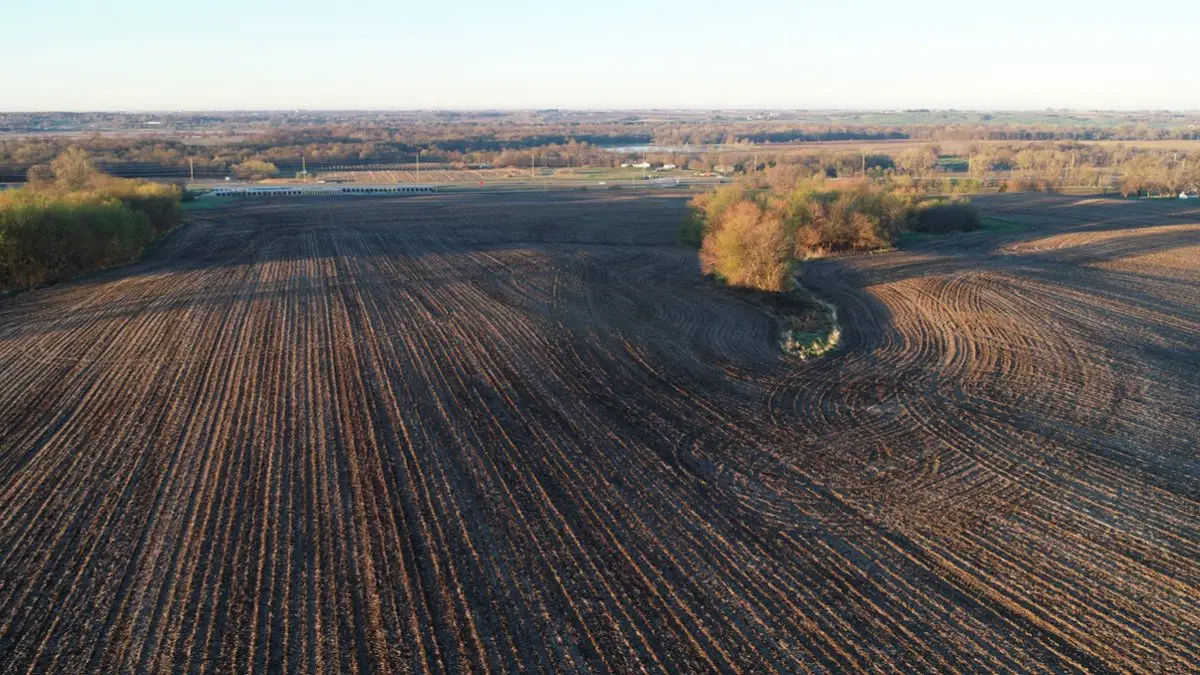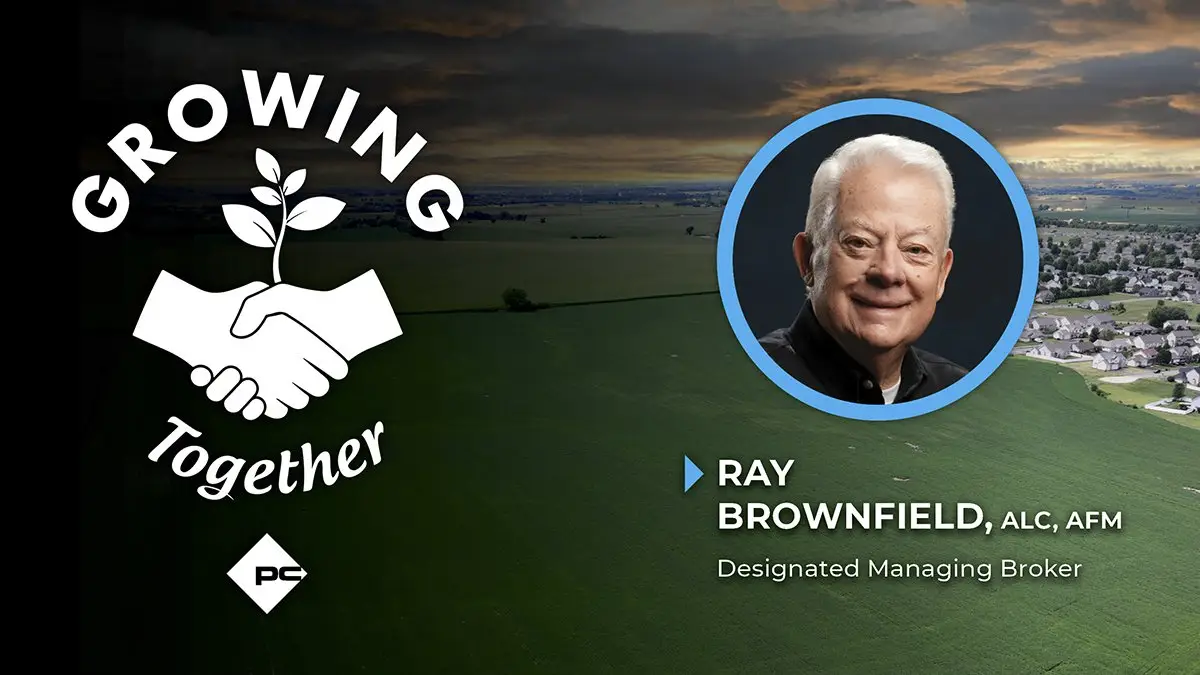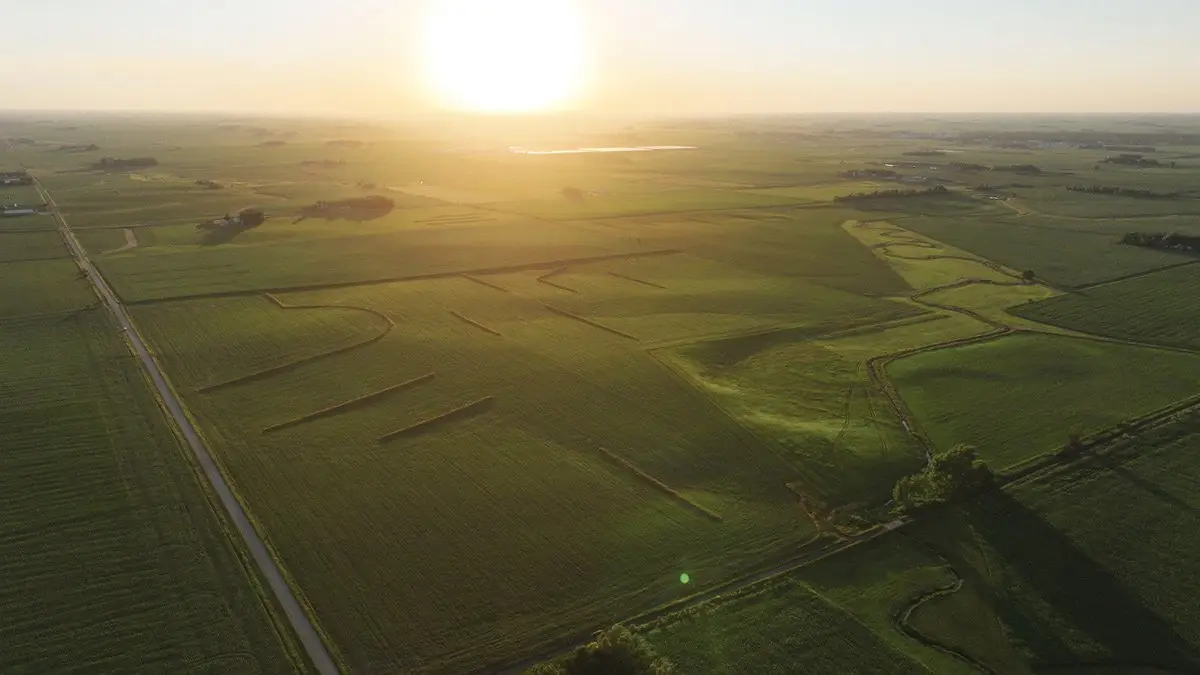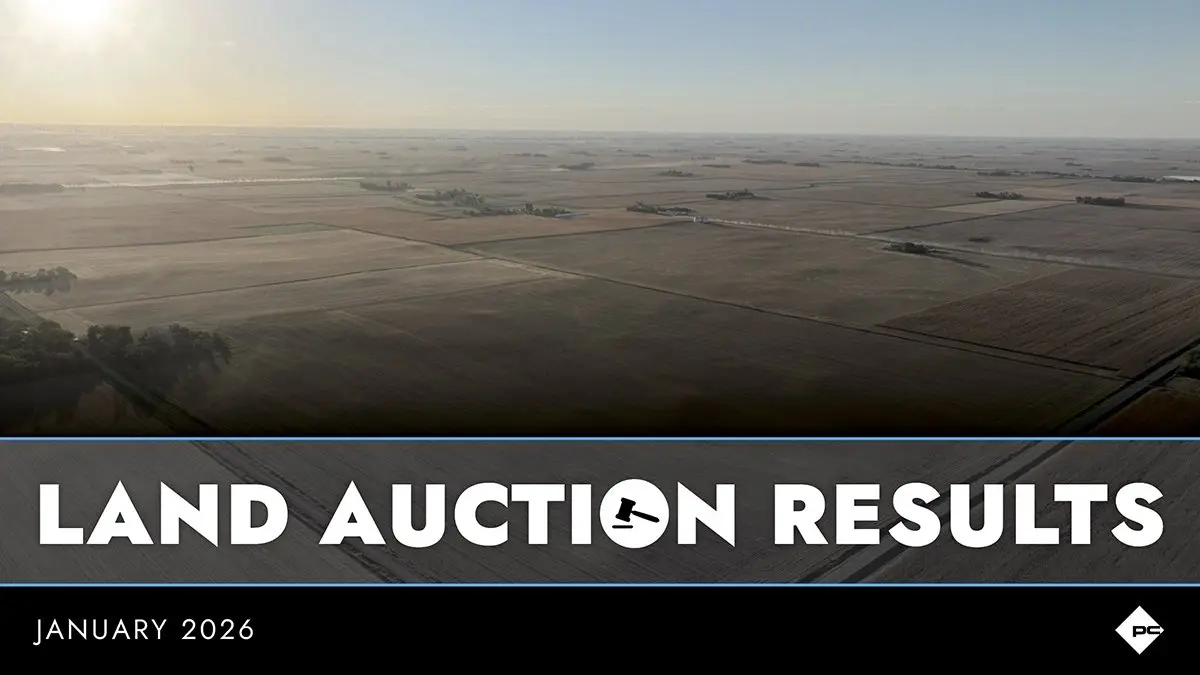Alligator hunting in Louisiana is deeply rooted in the culture, history, and ecology of the state. Louisiana’s winding bayous/rivers, sprawling marshlands, and expansive timber tracts offer the largest selection of hunting experiences in the United States, drawing hunters from around the world who seek the adventure of hunting numerous different animals and species. Alligator hunting is probably the most unique and thrilling hunting experience offered in the boot state. Alligator hunting in Louisiana offers hunters the opportunity to bag one of nature's most powerful predators in some of the wildest territory in the country. Alligator habitats are generally either directly within or surrounded by farming operations, intrinsically tying the two processes together.

Tradition and History
The tradition of alligator hunting in Louisiana dates back centuries, originating with the Native Americans and early settlers who relied on alligators for food, clothing, and trade. As the demand for alligator hides grew in the 1800s, Louisiana became a center for commercial alligator hunting. This practice has evolved into a regulated and sustainable activity that is central to the state’s culture.
Today, alligator hunting remains a key component of Louisiana’s cultural identity. It is carefully managed by the Louisiana Department of Wildlife and Fisheries (LDWF) to maintain a healthy and sustainable alligator population. Hunters can participate in the hunt either by receiving tags through a lottery system or by acquiring permission to hunt on private land, ensuring that the number of alligators harvested is balanced with the population's ability to thrive.
The Hunt
Alligator season in Louisiana typically runs from late August to early October, depending on the region. The alligator hunting season is divided into two zones: the East Zone, which opens on August 31, 2024, and the West Zone, opening on September 7, 2024. Both zones remain open for 60 days, giving hunters plenty of time to harvest. Alligator hunting isn’t just a free-for-all; it’s carefully managed to ensure sustainability. Every hunter must secure tags through either private land applications or the LDWF public lottery. Hunters must acquire the right paperwork. Alligator tags are issued based on wetland habitat size and gator population density. These tags aren’t just decorative; they must be placed on each alligator you capture, and the LDWF tracks everything. Tagging alligators is a critical part of Louisiana’s wildlife management program, helping to maintain healthy populations while allowing hunters to partake. The daily and season quota is equal to the number of alligator harvest tags that a licensed alligator hunter possesses. There are no size restrictions on wild alligators taken during the open season, but the majority of alligators harvested in Louisiana are between 6 to 12 feet long.
The hunt is challenging and requires skill, patience, and knowledge of the landscape. The most common method of alligator hunting in Louisiana involves setting baited hooks. Hunters use poles or trees along the water’s edge to hang the bait, often chicken or fish, several feet above the water to attract the alligators. Once hooked, hunters dispatch the gator with a firearm, typically a rifle, though bows and arrows are also allowed in some areas.

Conservation and Sustainability
Louisiana’s approach to alligator hunting is deeply connected to conservation. During the mid-20th century, alligators were listed as an endangered species due to overhunting and habitat destruction. However, through rigorous management and protection programs, the population has since rebounded to around 2 million alligators in the wild, making Louisiana one of the most successful examples of wildlife conservation. The state’s alligator management program ensures that the population remains stable by issuing hunting tags based on detailed population surveys. This sustainable approach not only supports healthy alligator numbers but also generates funds for ongoing conservation efforts.
Economic Impact
Alligator hunting plays a significant role in Louisiana’s economy. The sale of alligator skins, which are prized for their use in luxury goods such as boots, belts, and handbags, generates millions of dollars annually. Alligator meat, considered a delicacy, is another byproduct of the hunt, with dishes like alligator sausage and fried alligator becoming staples of Louisiana cuisine. The texture of alligator meat is much like chicken, although slightly chewier.
Alligator hunting also supports local tourism, with visitors flocking to the state to take part in hunting tours or to experience Louisiana’s swampy landscapes and wildlife tours firsthand.

Alligators and Farming
Alligators and alligator hunting play a role in Louisiana’s agriculture, especially in the context of rice farming. The connection between the two industries boils down to the shared ecosystem—Louisiana’s farmland and wetlands, which are home to both rice fields and alligators.
1. Alligators and Wetland Conservation
Alligator hunting is an essential part of Louisiana’s wetland conservation program. The same wetlands that support Louisiana’s rice industry also provide critical habitat for wild alligators. In this sense, protecting wetland areas for alligator populations has a positive ripple effect on the health of these environments, which are crucial for rice farming. Healthy wetlands support agriculture and biodiversity, which can help maintain balanced ecosystems.
2. Alligator Farming and Rice Fields
Interestingly, some rice farmers integrate alligator farming into their operations. Alligators are farmed on private land in areas that might otherwise be underused or unproductive for rice crops, offering farmers a secondary source of income. These combined land uses help maximize the economic output of a single area while sustaining wetland environments.
3. Pest Control and Ecosystem Balance
Alligators are natural predators that can help control certain pest populations. Although they don’t directly impact rice farming, they help maintain balance within the local ecosystem, particularly by keeping down populations of animals that could otherwise disrupt farming activities. For instance, alligators control the population of rodents and other small animals that could damage rice crops or the integrity of levees.
4. Economic Synergy
Both alligator hunting and rice farming are economically important industries in Louisiana. By preserving wetlands through sustainable alligator management, the state ensures that these areas remain viable for rice farming. Rice farmers benefit from policies that keep wetlands intact, while alligator hunters help to generate revenue through licenses and tag sales. This economic synergy ensures that both industries thrive alongside each other.

In summary, alligators and the alligator hunting industry help maintain Louisiana’s wetlands, which are crucial for rice farming. Additionally, alligator farming can supplement a landowner’s income, creating a win-win situation for both agriculture and conservation efforts.
If you’re interested in learning more about Louisiana agriculture and/or want to get your hands on a piece of land with alligator hunting opportunities and rice farming potential, contact Julie Boggs, Peoples Company Land Manager (Julie.Boggs@PeoplesCompany.com) or Thomas Boggs, Peoples Company Real Estate Agent (Thomas.Boggs@PeoplesCompany.com).











